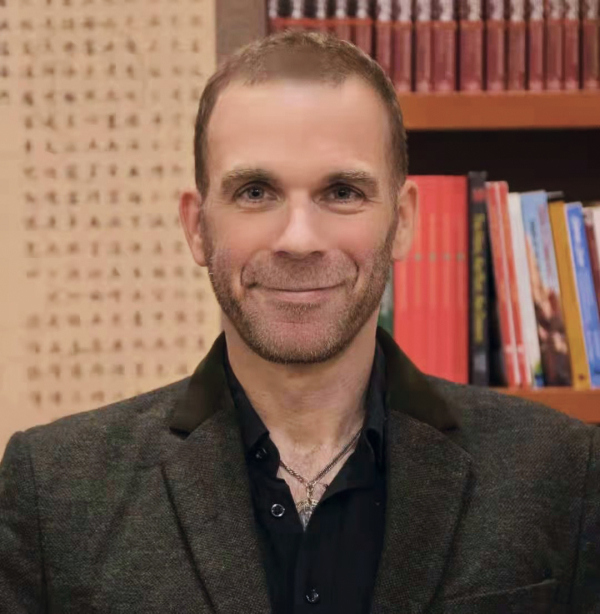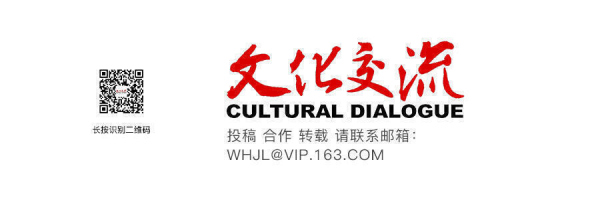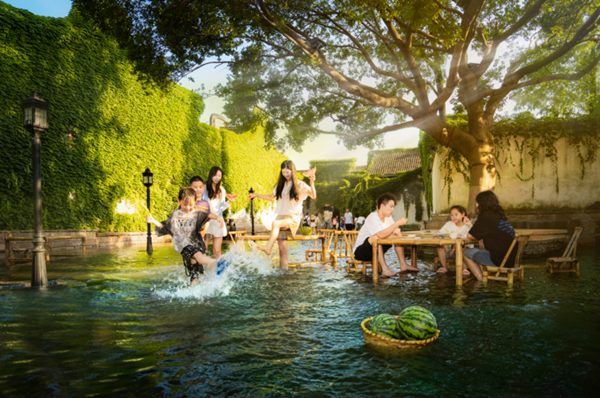
It was about seven years ago, in 2014, when I was registering my marriage in Hangzhou. My newly married wife called away for business, I took a four-hour walk around West Lake with a father-in-law I had just met the day before. It was his first time to have ever met a foreigner. It goes without saying the awkward bonding left the two of us both mentally and physically exhausted. West Lake being a tourist hotspot, with no taxis readily available, we squeezed onto a public bus. With no room in the back, we stood up front next to the driver.
Approaching a crosswalk, readying to turn right, the driver tapped his breaks a little too hard. The momentum sending the two of us almost crashing into the windshield, my father-in-law snapped, “What’d you do that for?” The driver pointed to a pedestrian who had just begun to cross the road. He was at least a lane away. “Rules are rules and they should be respected,” the driver said with a sense of pride, adjusting his tie.
Rules are rules, and they should be respected. Not hitting the horn at a pedestrian, or more importantly, allowing them the right of way isn’t just lawful, but a mutual respect between individuals. Combining these two words, law and respect, creates a word that I regularly hear in China: civility or wenming (文明). In the past, it often fell on deaf ears as an empty motto, a slogan to be repeated without thought or actual practice. But, from my experience, Hangzhou city and the residents there take it to heart. It is the only city in China that I have been stopped twice and asked, “Can I help you?” This in itself may not be special. What left a lasting impression was that there was no map in my hand or a confused look that said “I’m lost” upon my face. It was almost as if they only wanted to check in, letting me know they were there if I needed any help.
Perhaps this is why Hangzhou is often a testing ground for new laws prior to their nationwide implementation. Not giving the right of way to pedestrians at a crosswalk became a punishable offense. Rule of law supports respect. Clearly defined consequences that are acted upon creates trust. While it took some time for my second home, Shanghai, to catch on, as a biker and a pedestrian I appreciate a law that is now firmly in place. My father-in-law reports that his fellow townsmen are gradually accepting the new law as well.
These reforms have continued to extend outwards, encompassing Zhejiang’s cultural relics as well as its natural beauty. For example, a number of the province’s ancient river towns have had their cultural significance rediscovered. Wuzhen, one of those impressive “water towns”, has balanced itself as both an ancient living museum and a welcomer of Artificial Intelligent design: you would be hard-pressed to find another ancient town that has 1,000-year-old stone bridges alongside smart crosswalks that light up as pedestrians cross.
The province’s abundance of nature is also feeling the effects of reform. A man of the outdoors, I regularly escape Shanghai’s concrete jungle for weekend hikes along the Ninghai National Trail System (NTS). Over 500 kilometers of trail through bamboo forests, alongside crystal-clear dragon pools and stone villages is well marked, but retains its natural charm. Since 2009, the local government has kept it free of fees; there are no concrete steps and zero commercialism. Camping beneath the stars after a day of exercise can help us to recognize the importance of the environment and that it is everyone’s duty to protect what it offers.
Whether respecting the rules, preserving cultural heritage or protecting the natural environment, they are all part and parcel of a wenming or civilized society, which I’ve experienced not only in Zhejiang but now increasingly all across China.
Kevin Smith is a published author who is constantly trying to improve his wenming, though seemingly forever losing the battle. Acting as a window, albeit an infinitesimal one, Kevin hopes that his writing can shine a glint of light on a different perspective.


